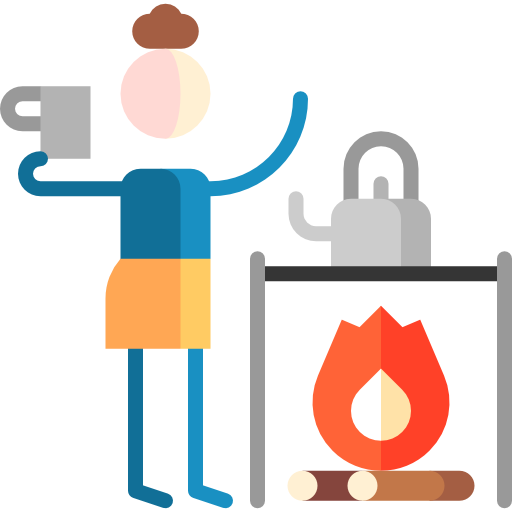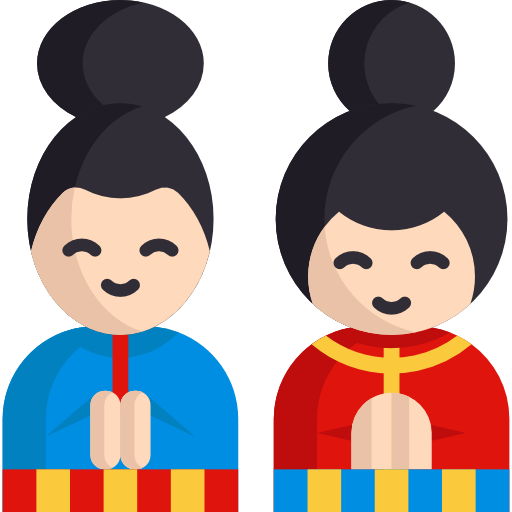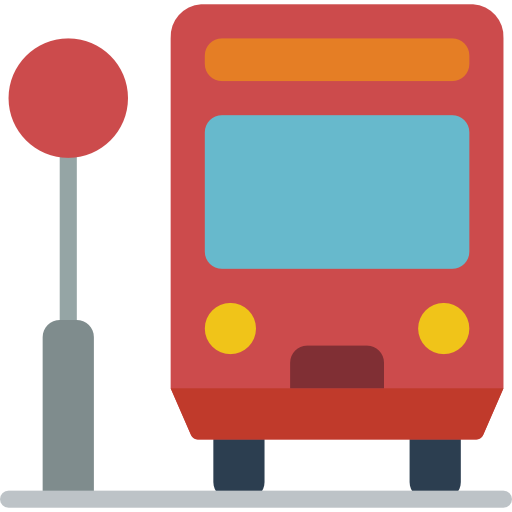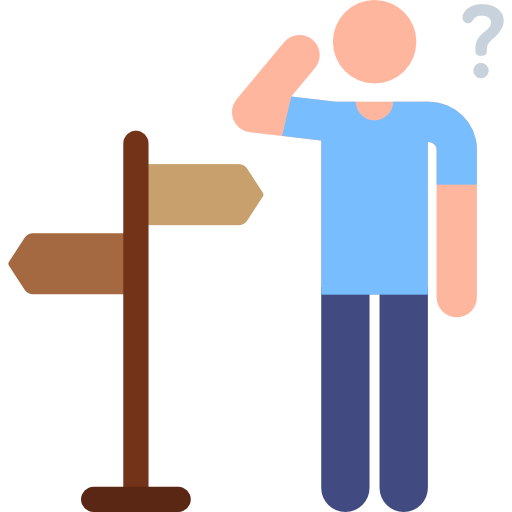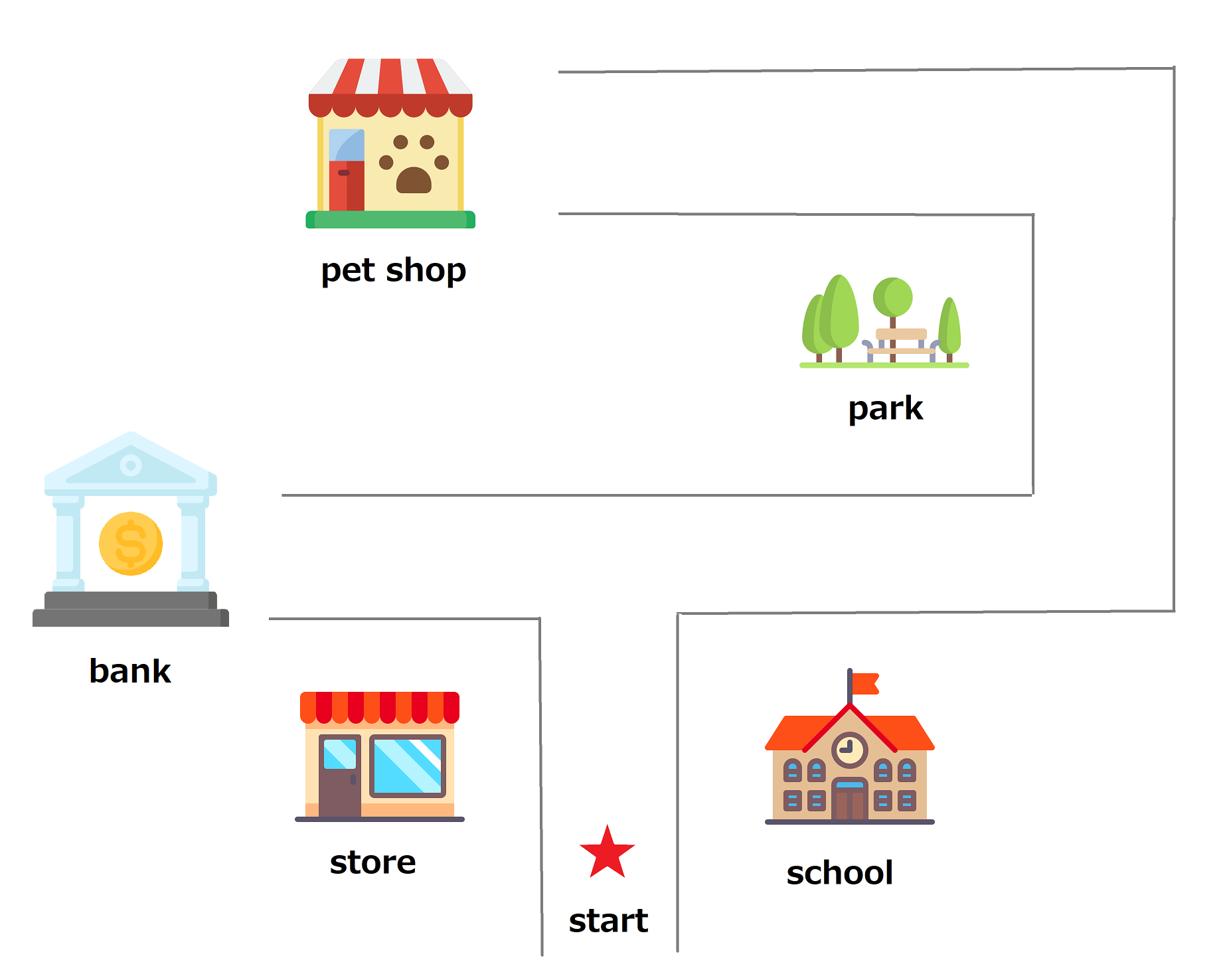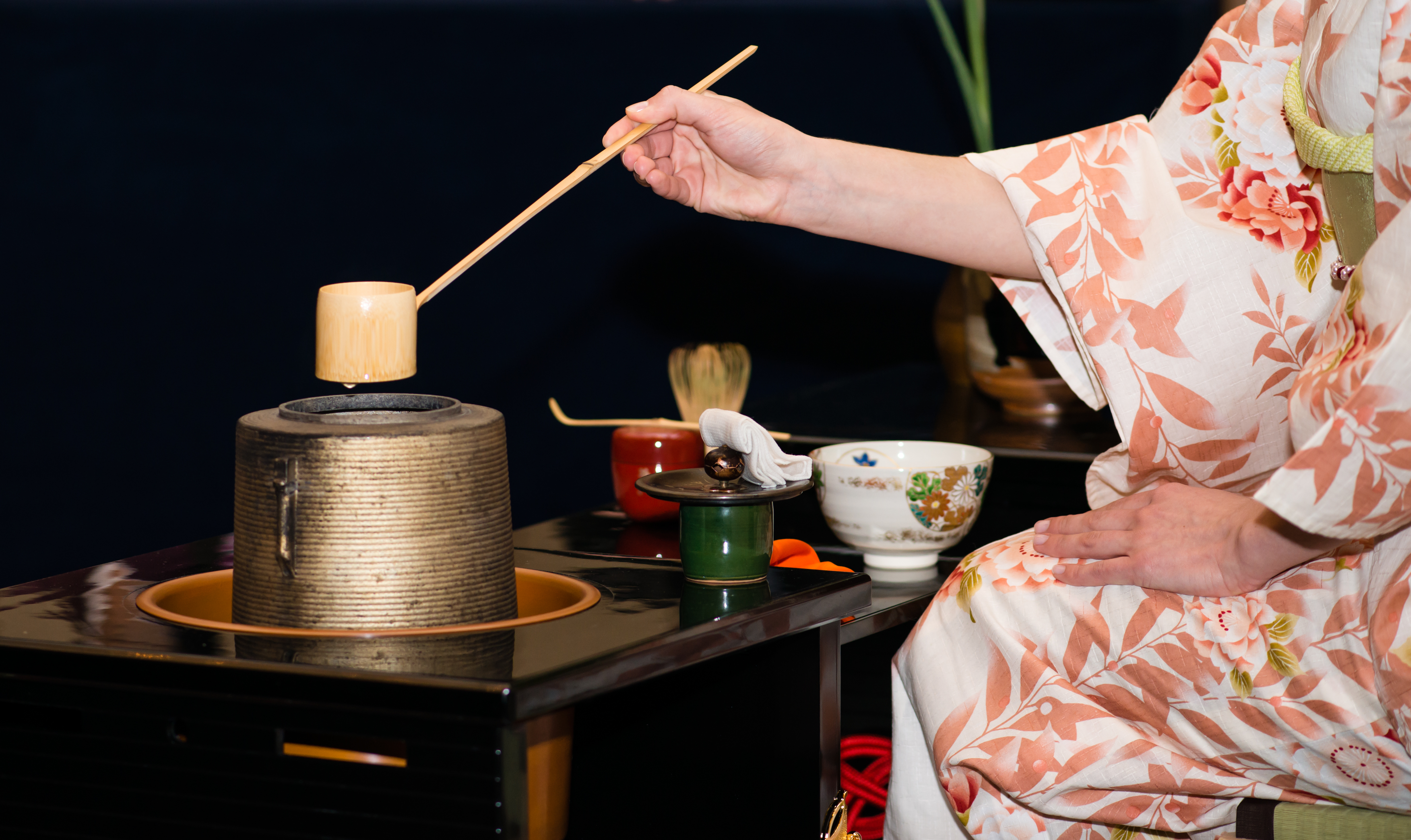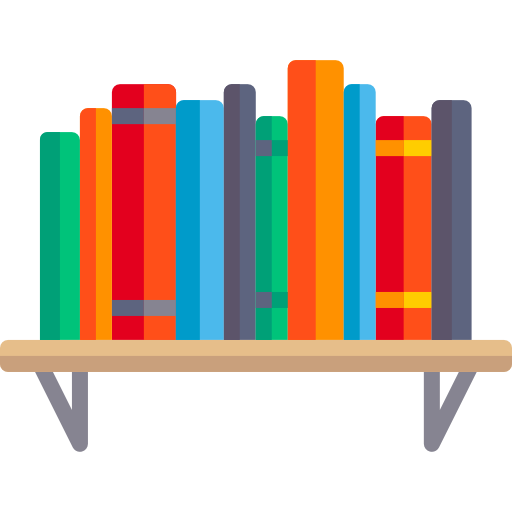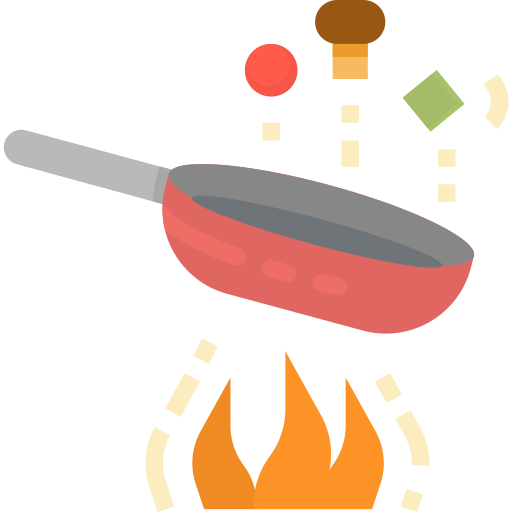PART A_1
Let’s introduce ourselves to each other.
PART A_2
My name is ________________. What is your name?
PART A_3
I am ________________. Nice to meet you.
PART A_4
Nice to meet you too, ________________. (warm-up question)
PART A_5
PART A_6
I see. Now, let’s begin our lesson!
PART B_1
Let’s study some words used in the picture below. Please repeat after me.
PART B_2

| 1. | word |
| 2. | word |
| 3. | word |
| 4. | word |
| 5. | word |
PART B_3
Now, let’s review your answers.
(Please review your student’s answers by sending the correct answers.)
PART B_4
PART C_1
I will ask the following questions. Please answer based on the picture below. I will check if your sentences are complete and if the grammar is correct.
PART C_2

| 1. | (question) |
| Answer: | [sentence] (option 1 / option 2 / option 3). |
| 2. | (question) |
| Answer: | [sentence] (option 1 / option 2 / option 3). |
PART C_3
Now, let’s review your answers.
(Please review your student’s answers by sending the correct answers in complete sentences. After that, ask your student to read aloud his or her corrected answers.)
PART C_4
PART D_1
We will read aloud the dialogue below twice. I will check your pronunciation and intonation.
First, let’s read aloud clearly and slowly to check your pronunciation. Second, let’s try to read aloud at a natural speed.
First, let’s read aloud clearly and slowly to check your pronunciation. Second, let’s try to read aloud at a natural speed.
PART D_2
|
(person 1):
|
(dialogue line) |
|
(person 2):
|
(dialogue line) |
|
(person 1):
|
(dialogue line) |
|
(person 2):
|
(dialogue line) |
|
(person 1):
|
(dialogue line) |
|
(person 2):
|
(dialogue line) |
(transition phrase)
|
(person 1):
|
(dialogue line) |
|
(person 2):
|
(dialogue line) |
|
(person 1):
|
(dialogue line) |
|
(person 2):
|
(dialogue line) |
|
(person 1):
|
(dialogue line) |
|
(person 2):
|
(dialogue line) |
PART D_3
Now, we’ll fill in the blanks and read aloud the dialogue. I will be (person 1), and you will be (person 2). After reading it once, we’ll switch roles. I will check your pronunciation and intonation.
(Please send the mispronounced words and expressions to your student.)
PART D_4
|
(person 1):
|
(dialogue line with blanks) |
|
(person 2):
|
(dialogue line with blanks) |
|
(person 1):
|
(dialogue line with blanks) |
|
(person 2):
|
(dialogue line with blanks) |
|
(person 1):
|
(dialogue line with blanks) |
|
(person 2):
|
(dialogue line with blanks) |
(transition phrase)
|
(person 1):
|
(dialogue line with blanks) |
|
(person 2):
|
(dialogue line with blanks) |
|
(person 1):
|
(dialogue line with blanks) |
|
(person 2):
|
(dialogue line with blanks) |
|
(person 1):
|
(dialogue line with blanks) |
|
(person 2):
|
(dialogue line with blanks) |
PART D_5
Now, let’s review some words and sentences from part D_4.
(Please review the mispronounced words and expressions from part D_4.)
PART D_6
PART E_1
Now, please answer the following questions about yourself.
PART E_2
| Tutor: | (question) |
| Student: | [sentence] (option 1/ option 2/ option 3). |
| Tutor: | (question) |
| Student: | [sentence] (option 1/ option 2/ option 3). |
PART E_3
Now, let’s review your answers.
(Please review your student’s answers by sending the correct answers in complete sentences. After that, ask your student to read aloud his or her corrected answers.)
PART E_4
PART F_1
Now, you will ask me questions. Please ask the questions below.
PART F_2
| Student: | [question] (option 1 / option 2 / option 3)? |
| Tutor: | (sentence answer with blank) |
| Student: | [question] (option 1 / option 2 / option 3)? |
| Tutor: | (sentence answer with blank) |
PART F_3
Now, let’s review your answers.
(Please review your student’s answers by sending the correct answers in complete sentences. After that, ask your student to read aloud his or her corrected answers.)
PART F_4
PART G_1
Now, please answer the following questions.
I will check if your sentences are complete and if the grammar is correct.
I will check if your sentences are complete and if the grammar is correct.
PART G_2
|
1. |
(question) |
|
Answer:
|
[sentence] (option 1/ option 2/ option 3). |
|
2. |
(question) |
|
Answer:
|
[sentence] (option 1/ option 2/ option 3). |
|
3. |
(question) |
|
Answer:
|
[sentence] (option 1/ option 2/ option 3). |
|
4. |
(question) |
|
Answer:
|
[sentence] (option 1/ option 2/ option 3). |
|
5. |
(question) |
|
Answer:
|
[sentence] (option 1/ option 2/ option 3). |
|
6. |
(question) |
|
Answer:
|
[sentence] (option 1/ option 2/ option 3). |
|
7. |
(question) |
|
Answer:
|
[sentence] (option 1/ option 2/ option 3). |
PART G_3
Now, let’s review your answers.
(Please review your student’s answers by sending the correct answers in complete sentences. After that, ask your student to read aloud his or her corrected answers.)
PART G_4
PART H_1
Let’s do a free talk.
(Please do a free talk if you have time left.)
PART H_2
(free talk question)
PART H_3



